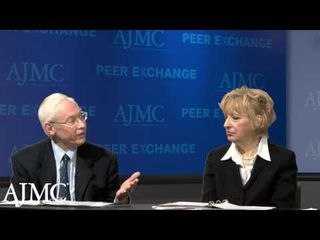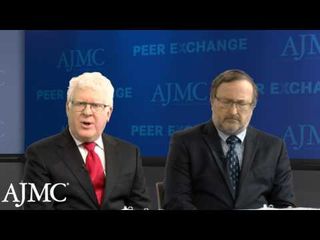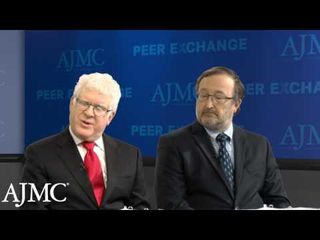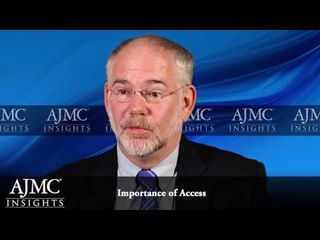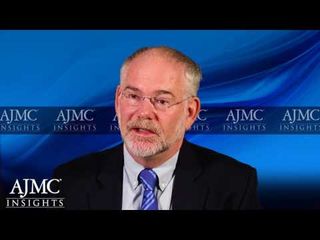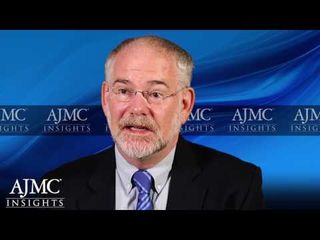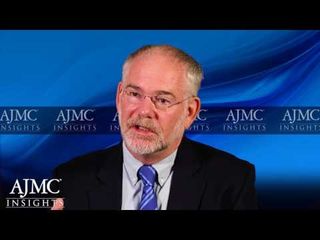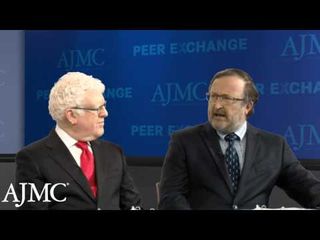
Cardiovascular
Latest News
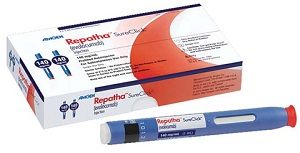
Latest Videos

CME Content
More News

The announcement comes after CMS canceled an Obama-era proposal for mandatory bundled payments in cardiac care, as well as a mandatory expansion of a program in joint replacements.
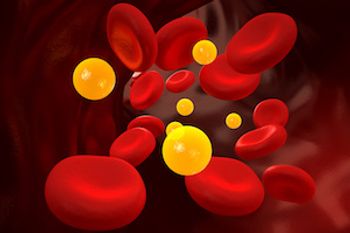
A newer method for calculating low-density lipoprotein (LDL) cholesterol is more accurate than the older method that required people fast before blood was drawn.


Although patients and physicians both recognize the need to discuss obesity, the lack of resources, time, and expertise often prevents physicians for offering care and patients from asking for it, explained Todd Hobbs, MD, Novo Nordisk’s vice president and chief medical officer.

In 2017, The American Journal of Managed Care® (AJMC®) covered conferences on a range of topics: oncology, diabetes, managed care, and much more. however, the most-read coverage from conferences that AJMC® attended mostly focused on cardiology trial results, particularly the cardiovascular results of diabetes medications.

Trial results have shown that alirocumab (Praluent) is safe and effective across patient populations, said Jay Edelberg, MD, PhD, vice president and head of Cardiovascular Development and Cardiovascular Affairs at Sanofi.

An interview with one of the authors of a large observational study that has seen findings consistent with recent cardiovascular outcomes trials in SGLT2 inhibitors.

Currently, clinical guidelines offer little guidance on deintensifying care, which is critical for balancing overuse and underuse of services.

Evidence is more robust on kidney function but not sufficient to make drug decisions, one expert said. A whole separate trial, called CREDENCE, is examining renal function in patients taking canagliflozin.

A new pathway uses a multidisciplinary team to help reduce 30-day heart failure readmissions, explained Amar Bhakta, MD, of Rush University Medical Center.

From the Editor in Chief


Coverage of our peer-reviewed research and news reporting in the healthcare and mainstream press.

On December 5, 2017, FDA approved Novo Nordisk’s semaglutide, a once-weekly glucagon-like peptide-1 (GLP-1) receptor agonist for the treatment of type 2 diabetes. Todd Hobbs, MD, Novo Nordisk’s vice president and chief medical officer, spoke with The American Journal of Managed Care® just ahead of FDA’s action.

Abdominal aortic aneurysm is a cardiovascular disease for which 45,000 operations are performed yearly in the United States, but a new study found that targeting lipids may improve long-term outcomes.

Coverage of our peer-reviewed research and news reporting in the healthcare and mainstream press.

Results from the FOURIER trial have provided convincing data that there is no downside to aggressively lowering cholesterol with PCSK9 inhibitors, and studies have shown there are cardiovascular benefits associated with Repatha, but reimbursement remains challenging, said Eliot A. Brinton, MD, FAHA, FNLA, president of the Utah Lipid Center.

Physical activity, even of a low-intensity, reduces the risk of cardiovascular disease in older adults, according to a study published in The European Journal of Preventive Cardiology. Although the authors found similar associations for individuals under age 55 and individuals aged 55-65, the results were not statistically significant.

Physicians’ response to policy changes in the Affordable Care Act show that changing cost-sharing formulas can make a difference, according to results reported by Drs. Joseph Ladapo and Dave Chokshi.

A study published in JAMA Internal Medicine found that blood pressure (BP) lowering is associated with reduced risk of death and cardiovascular disease (CVD) if the baseline systolic blood pressure (SBP) is 140 mm Hg or higher. Treatment may be considered in patients with coronary heart disease and SBP under 140 mm Hg, but not for primary prevention.

The authors evaluated whether the 2010 Affordable Care Act was associated with changes in physicians’ provision of preventive cardiovascular services.

The biggest challenge of implementing behavioral interventions to improve care for patients with cardiovascular disease is reimbursement models, said Justin Bachmann, MD, MPH, FACC, Cardiologist and Clinical Investigator, Instructor of Medicine and Health Policy, Vanderbilt University Medical Center.

The analysis presented at the American Heart Association looks strictly at healthcare costs, but a broader cost-effectiveness study is planned that will consider drug costs as well as effect on patient quality of life.

Researchers presenting at the American Heart Association look at specific populations within 2 large diabetes drug trials, CANVAS and EMPA-REG OUTCOME.

Digital health, artificial intelligence and machine learning, and precision medicine are the areas where there is the most excitement in innovations for cardiovascular care, said John Rumsfeld, MD, PhD, chief innovation officer at the American College of Cardiology.



